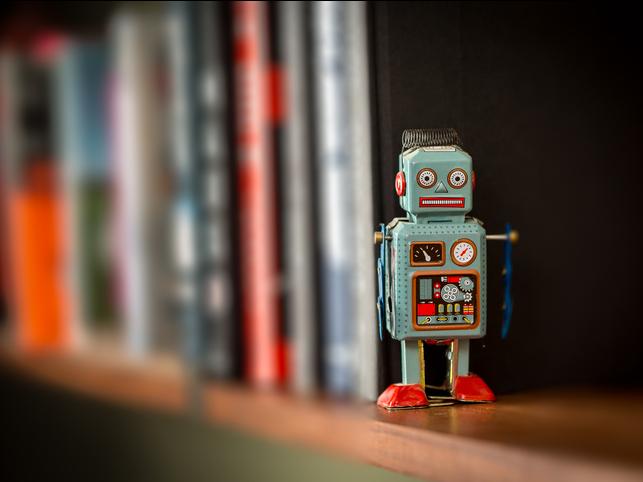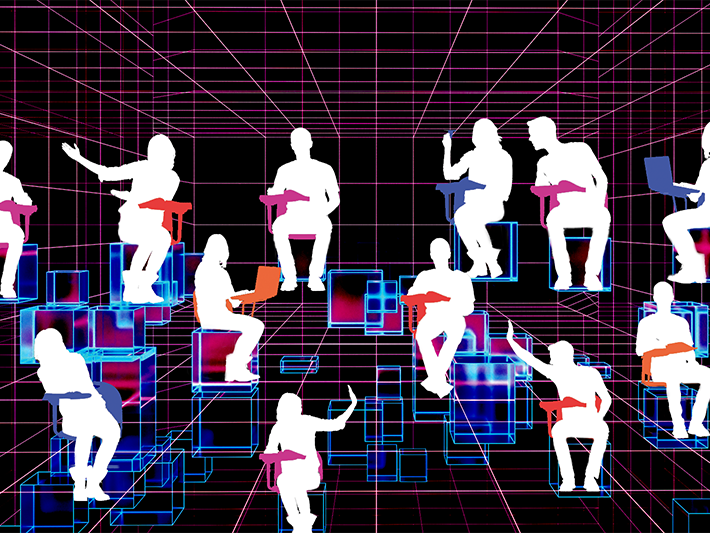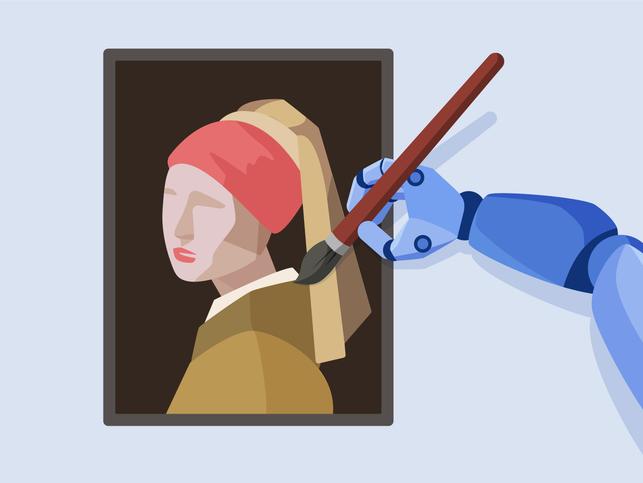Strategic insight and guidance to assist higher education institutions in leveraging the benefits of digital technology. Find practical advice on using artificial intelligence (AI) in teaching, assessment, research and other university functions as well as broader insights on edtech, hybrid working, virtual reality, cybersecurity, digital literacy and managing campus infrastructure.
Sponsored
No
Featured image

















































